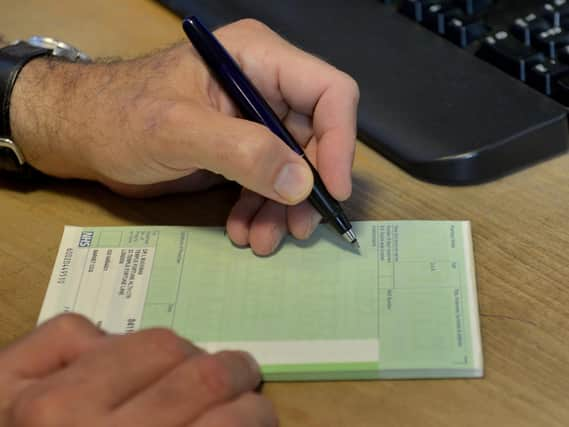Prescription of antidepressants in Wigan rose as lockdown began


The climb in prescription rates since the same time in 2019 in the borough was also the region’s second-highest.
GPs in Wigan Borough Clinical Commissioning Group (CCG) in the first month of lockdown wrote 160.4 prescriptions per 1,000 patients, with 137.2 per 1,000 being for antidepressants.
Advertisement
Hide AdAdvertisement
Hide AdWigan also had the city-region’s joint-highest level of prescriptions for insomnia and large amounts of anti-anxiety medication were given out to patients too.
There was an 11.9 per cent jump in prescribing antidepressants in Wigan in March 2020 compared to the same month the previous year, with only Stockport among the 10 Greater Manchester CCGs having a bigger year-on-year rise.
Across the country there was record demand for medication as the major restrictions to tackle Covid-19 were brought in.
March saw the most antidepressants prescribed of any month on record.
Advertisement
Hide AdAdvertisement
Hide AdMore antidepressants were prescribed in the North West in March and April than in any other region.
According to the Office for National Statistics, nearly half of UK adults reported high levels of anxiety in the 10-day period at the end of March as the nation went into lockdown.
Surveys throughout the pandemic have found people struggling with their mental health in lockdown.
Echo said the surge in prescriptions at the start of lockdown could be partly due to people stockpiling because they were worried about running out of their medication.
Advertisement
Hide AdAdvertisement
Hide AdHowever, local health bosses said there was no need for people to do so.
Dr Tim Dalton, local GP and chair of NHS Wigan Borough CCG, said: “The increase in prescribing of antidepressants reflects the overall increase in medicine prescribing in March this year.
“Concerns about the impact of Covid-19 and potential lockdown led some patients to order their prescriptions early. As patients can sometimes experience difficulties when stopping these medicines, including withdrawal reactions, it is understandable that they wanted to make sure that they had enough.
“Patients should be reassured that stockpiling of medicines is unnecessary and people should continue to order their prescription as normal.”
The full dataset and research can be seen at www.echo.co.uk/c/prescription-patterns-lockdown/